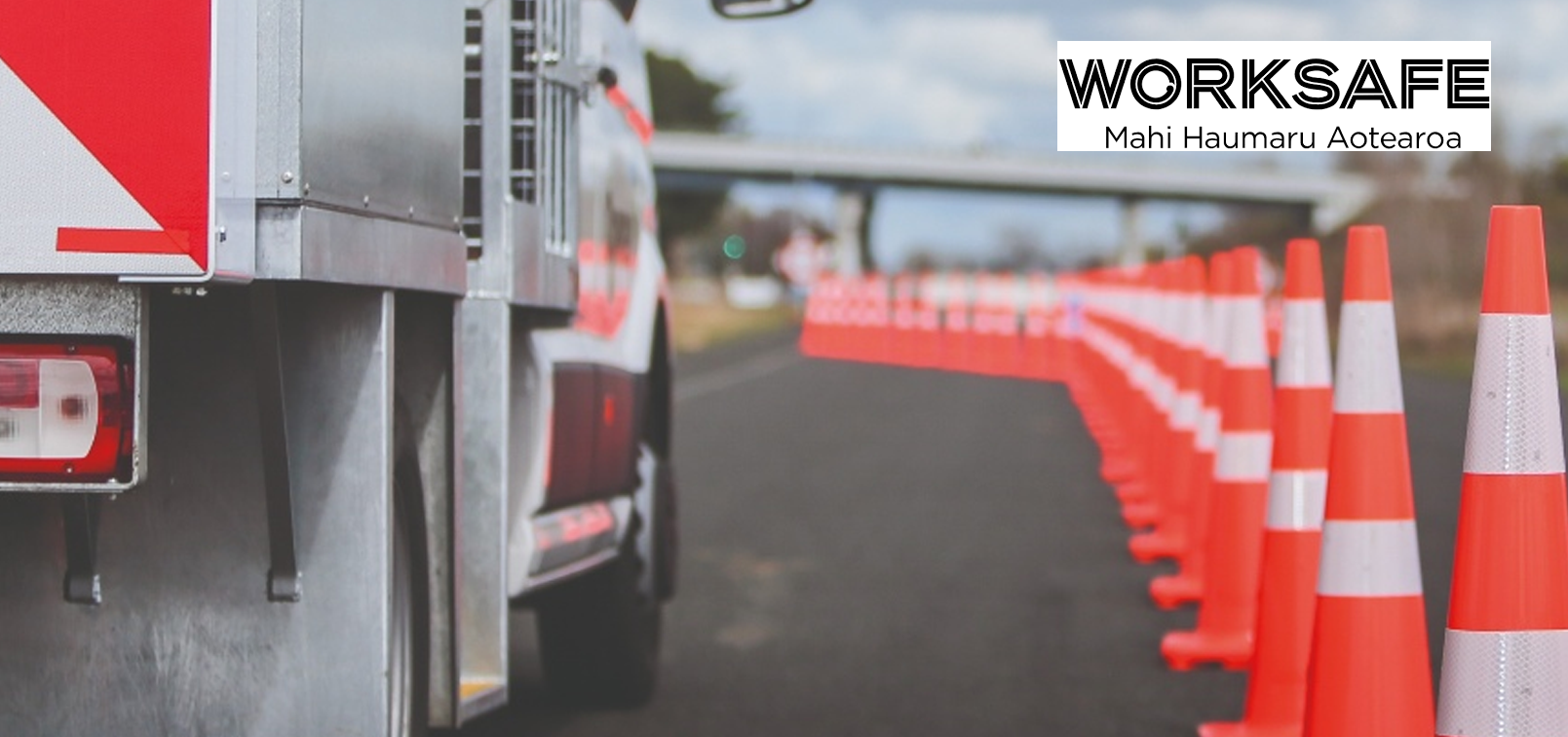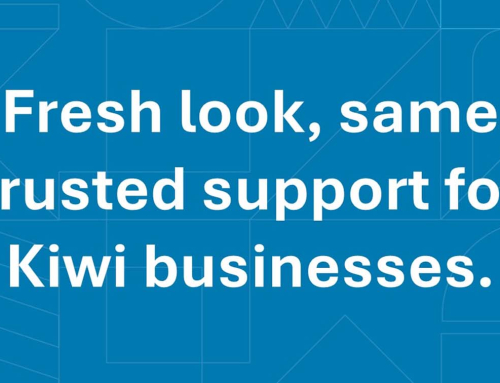From late 2025, Worksafe will shift it’s focus from broad enforcement to supporting businesses with practical, risk-based guidance – especially on critical risks that could cause serious harm.
With Māori having a 30% higher rate of serious non-fatal injuries in the workplace than non-Māori, this is positive. Expect clearer advice, updated Codes of Practice, and more consistent inspections.
WorkSafe will also be required to respond better to feedback and ensure frontline inspectors understand your industry. Outdated guidance is being removed, and new resources will prioritise practical, proportionate solutions.
These reforms aim to reduce over-compliance, confusion, and fear—helping small businesses meet their obligations more efficiently without being buried in unnecessary red tape.
For Māori-owned SMEs, especially those who struggle with overly complex compliance, this reform could be a positive shift—if WorkSafe follows through with culturally responsive, sector-specific support.
However, the reduced enforcement focus may disadvantage Māori workers in risk-prone industries unless workplace culture and protections are upheld through other means. To read more information about the changes click here.






